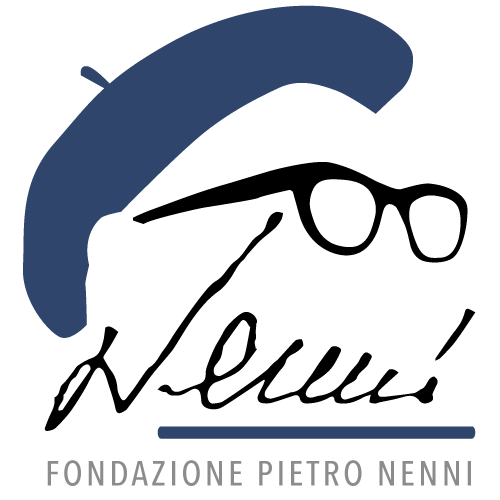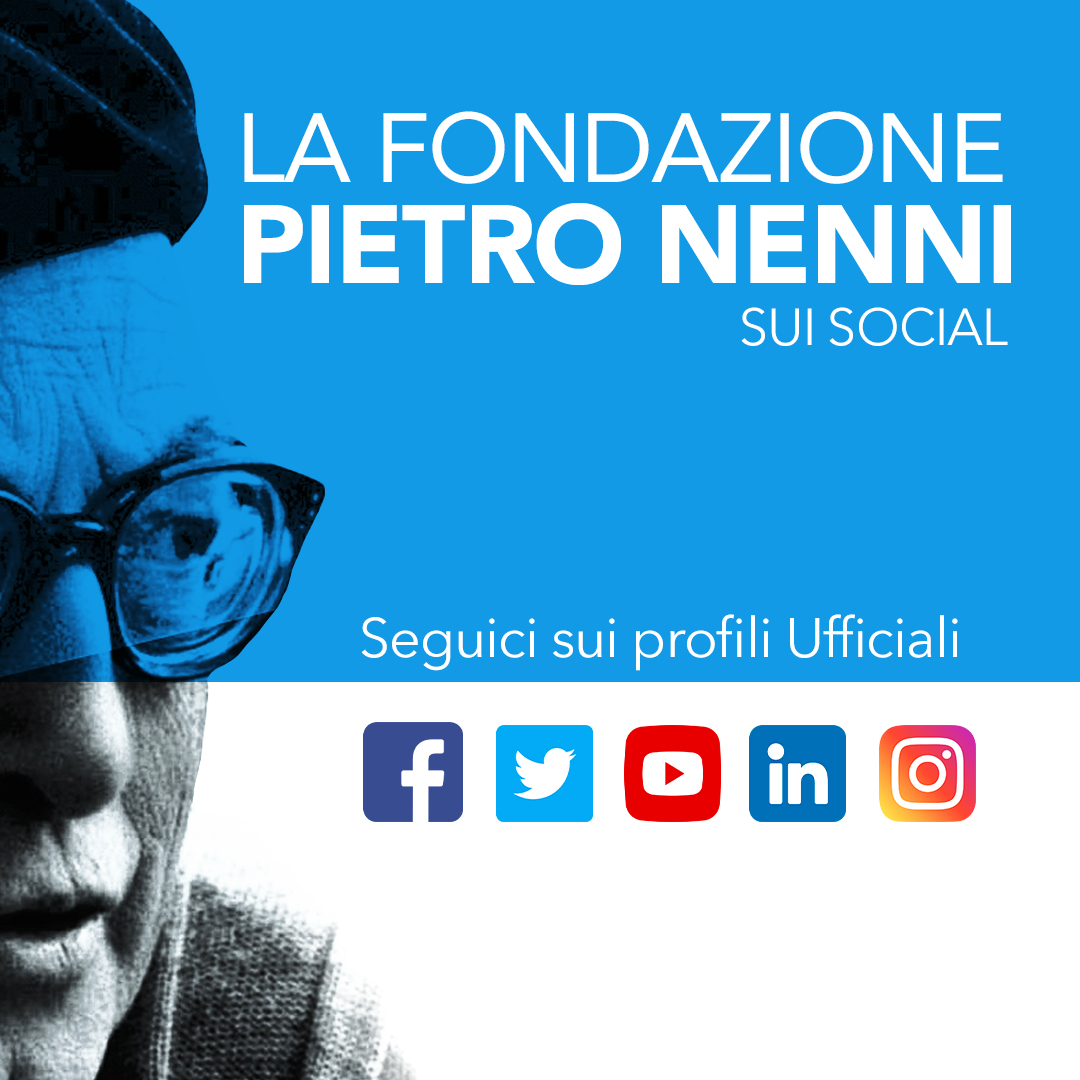20 Set Faith in Dialogue: The Obligatory Way of Uncomfortable Jesuit
– by GIULIA CLARIZIA-
“La fede nel dialogo. L’Islam di un gesuita scomodo: Paolo Dall’Oglio” ( The faith in dialogue. Islam of an inconvenient jesuit: Paolo Dall’Oglio). This is the meaningful title of the book written by Edoardo Crisafulli and shown up this morning at the Senate of the Italian republic, in the room entitled to the fallen ones of Nassirya.
At the beginning, the analysis of Paolo Dall’Oglio’s work and philosophy was thought as an article for the second number of the magazine Articolo1, which is focused on the relation between us, the occidental ones, and the Islamic world. Then, by virtue of the important message behind it, this analysis necessarily became the book we read today.
In fact, the Jesuit lived the research of an interreligious dialogue as a vocation. He focused on Syrian situation and on Islamic world, where he tried to create a fertile ground for a multi-ethnic and multi-religious country. There, in Raqqa, the 29th of July 2013, he was kidnapped, leaving open his religious but also political fight against the fundamentalisms.
A Jesuit defined inconvenient because he didn’t take in account the rules of circumstance that the Church previews in these situations, as the member of the Pontifical Council for the interreligious dialogue Monsignor Khaled Akashes underlined. As a “lion in the desert” and in certain ways passing over the relation between the oriental churches and the Islamic communities, Dall’Oglio embodied a new and fresh interlocutor in the context of a complex daily life where the weight of the past is strong.
The sociologist of the religions Emanuela Del Re explained that in this context, the ones who work on the ground must face the complexity which characterises religious realities and the risk deriving from an unscrupulous simplification of this complexity in a globalised world.
Many times, Luigi Troiani, moderator of the discussion, stimulated the rapporteurs remembering the key questions of the morning and the book itself: Is it possible today to establish a dialogue with the Islamic world? Is it possible to avoid it? And which nature should have this dialogue?
According to the historian Carlo Felice Casula, dialogue is not only and obliged way, but also not a new one. This is clear looking at a thousand years history of relations between Christian ad Islamic worlds, as the text underlines.
Abdellah Redouane, Secretary general of the Italian cultural Islamic centre, considers Paolo Dall’Oglio’s faith in the dialogue as the solution to the violence which is affecting Syria, where 1700 different groups fight each other for geopolitical reasons, using religion as an instrument to gather supporters.
Anyway, having faith in the dialogue must not lead to believe that it’s easy. Most of all, if we speak about dogmas. In fact, one of the key points of Paolo Dall’Oglio’s method is to go beyond dogmatism through the secularised world’s tools.
Talking about this, Edoardo Crisafulli writes: “After September 11th, being the same is not acceptable for nobody. Neither for the Islamic world, neither for the occidental one. A brave and eschatological interpretation of the holy books imposes itself”.
Today- claimed Giorgio Benvenuto, president of Pietro Nenni and Bruno Buozzi foundations, an inconvenient person’s voice is extremely necessary to benefit the whole society.
We are ruled by the social networks’ logic. Like, Dislike, Share. Dall’Oglio’s lesson brings back complexity where a simplification has been forced.
Antonio Maglie, editor of the publication, commented that Islamic world is complex, but, in daily propaganda we are bombed by the Muslim- terrorist-immigrant identification. This identification resents who dedicates himself to make the dialogue possible, most of all if this theme is extremely actual, as specified the senator Stefano Collina referring to the current discussion about the law on the citizenship rights.
And in fact, if the word “faith” is immediately linked with religion, it is important to underline that the dialogue between culture is not just religious but also political, therefore it concerns every citizen.



